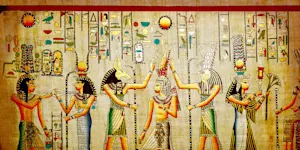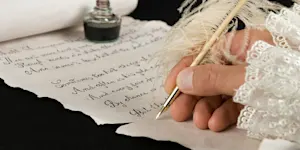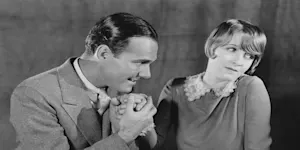What Makes This Word Tick
Oh, "bougie" — a word with multiple personalities! Originally short for "bourgeois," it captures a sense of pretentious middle-class comfort. However, in slang, it has a more playful twist, describing things that are fancy, extravagant, or pretentiously luxurious. If your dinner party has caviar and crystal goblets, it might be worthy of being called "bougie."
If Bougie Were a Person…
Imagine a person who always seems to have a spotlight following them around. This person loves dinners at five-star restaurants and insists on calling their vacation a "holiday." They adore the finer things but in a way that's more charming than obnoxious — mostly.
How This Word Has Changed Over Time
Originally, "bougie" was just a more colloquial shot at the bourgeois class, often used critically. Over time, it morphed into a tongue-in-cheek term that playfully pokes fun at everyday attempts at elegance. What used to describe a class consciousness now denotes a lifestyle.
Old Sayings and Proverbs That Use Bougie
While you won't find "bougie" in any ancient proverbs, it certainly would fit into modern wisecracks, like, "Keeping up with the Joneses just went bougie," capturing the sense of ostentatious displays of wealth.
Surprising Facts About Bougie
Despite its French origins, "bougie" in modern usage can trace its roots to 1980s hip-hop culture. Artists used it to critique those flaunting newfound wealth or trying to pretend they were fancier than they were—usually with a wink.
Out and About With This Word
Next time you sip that artisanal matcha latte while wearing designer shades, pause and think: Have I gone all "bougie"? Whether in yoga studios or gourmet ice cream shops, this word finds its home amidst aspirational aesthetics.
Pop Culture Moments Where Bougie Was Used
Songs like TLC's "No Scrubs" refer to a "bougie backseat," capturing a no-nonsense attitude towards fake wealth. Even series like "Insecure" creatively weave the term into their narrative of life's ups and downs.
The Word in Literature
You'll find "bougie" in contemporary novels that explore social strata and aspirations. Books by authors like Chimamanda Ngozi Adichie or even Helen Fielding's Bridget Jones series might use it to relatable, humorous effect.
Moments in History with Bougie
Think of the 1920s, when jazz-age parties epitomized opulence and suddenly everyone wanted to be a bit "bougie." While the term wasn't coined yet, those times laid the groundwork for its eventual rise.
This Word Around the World
In France, "bougie" is simply a "candle." But in places like Nigeria, it describes those soaking up Western lifestyle habits — a little fancy, a little flashy, always with a side of humor.
Where Does It Come From?
Hailing from the French "bourgeois," meaning townsman, it originally referred to those middling types who had just enough wealth to flaunt but not enough to really swing. A little bit of prestige with room for a sly grin.
How People Misuse This Word
Though often mixed up with "boogie," "bougie" isn't about dancing. It's also misapplied when used just to mean rich; the true bougie spirit includes an air of affectation.
Words It’s Often Confused With
Bourgeois: Often used interchangeably, but bourgeois is more about a social class than just showing off.
Boogie: A dance or party term, entirely unrelated to wealth.
Luxury: While luxury suggests wealth, bougie brings in that element of pretension or affectation.
Additional Synonyms and Antonyms
To spice up your vocabulary, consider "posh," "pretentious," or even "snobby" as synonyms. For antonyms, think "modest," "humble," or "unostentatious."
Want to Try It Out in a Sentence?
"Every Sunday, they have a bougie brunch—nothing but champagne flutes and imported cheeses—while trading stories of summer homes and private schools."
















